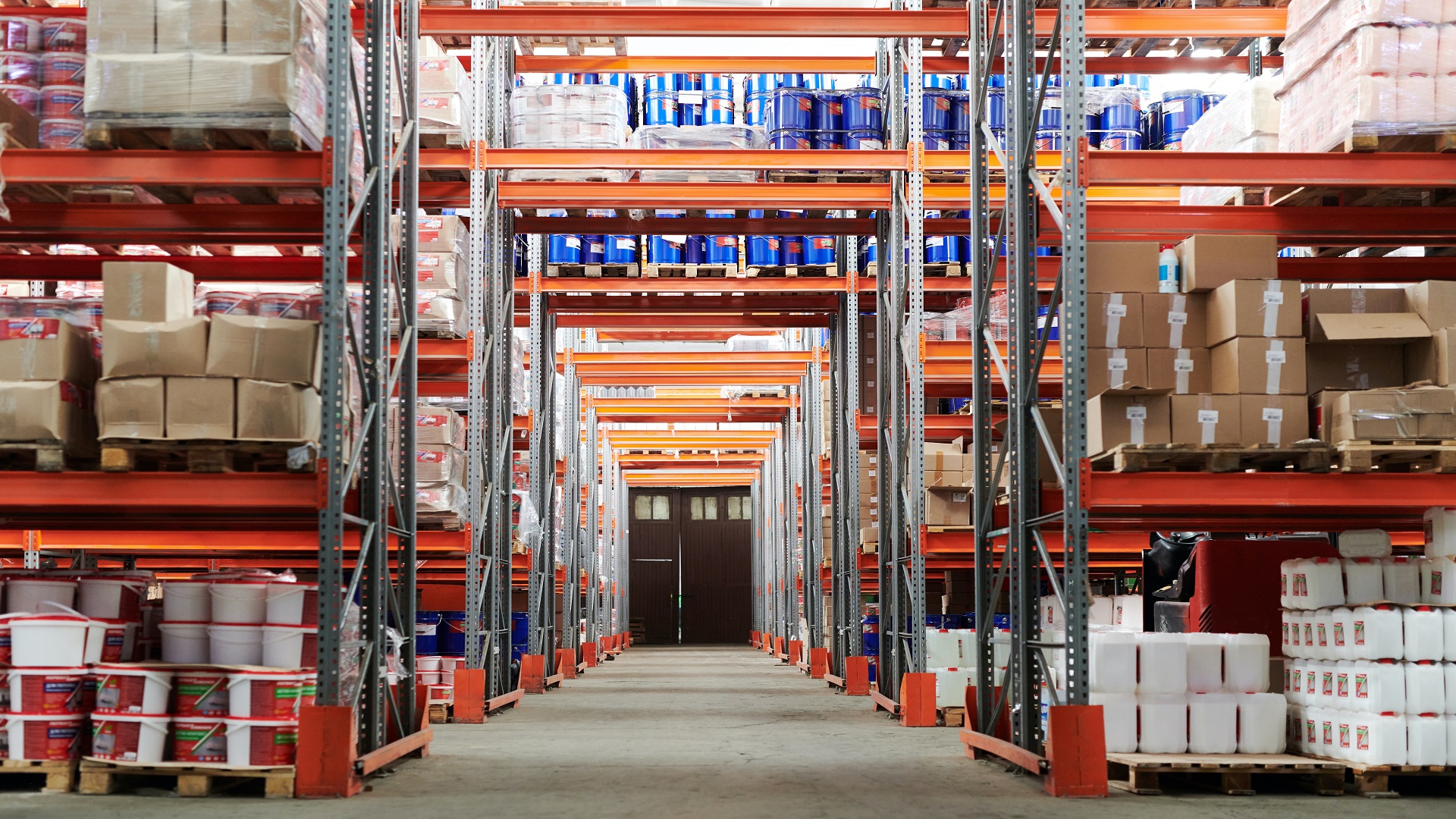If you are currently expanding your business operations to other EU countries or are planning to do so, it is crucial that you understand your tax obligations and have a firm grip on matters. Are you only planning to store goods at a third-party logistics company outside the Netherlands? Or do you also have local personnel or a local office? Such situations are often interpreted as a local presence or permanent establishment for corporate income tax purposes. But how does that work for VAT?
Start at the beginning: trading from the Netherlands
For many businesses, international growth starts simply by selling to customers in another country. When you sell goods and ship them from the Netherlands to a customer in another EU country, you will not necessarily have a local presence in that country. Your VAT position is usually fairly straightforward: in most cases you are subject to the Dutch VAT rules.
A next step: stock in another EU country
If you go one step further and store goods with a third party in another EU country, this may be cost-effective and can simplify swifter delivery to customers in that country. This logistics service provider does not become the owner of the goods in your distribution model, but solely provides storage and logistics services to your Dutch business. In this situation you will often face VAT filing obligations in both the country of departure of the goods (the Netherlands) and the EU country where you store the stock. This usually requires a local VAT registration.
You must include all the sales shipped from the international storage location in the VAT declaration for the EU country of departure of the shipment. Moreover, the intermediate logistical step has further implications for VAT: when you transfer stock from the Netherlands to another EU country in order to store it there, you must report these transfers in your VAT returns in both the Netherlands and the EU country of arrival.
Holding stock via a third party within the EU will not easily result in a fixed establishment for VAT purposes, but it does often lead to foreign VAT registration and filing obligations.
Finally, it is important to stress that holding stock in another EU country may also have other tax implications. For example, there may be a permanent establishment for corporate income tax purposes. This depends on local legislation. Read more about personal and corporate income taxation for permanent establishments here.
Expanding further: a local branch
If you wish to expand your international activities even further and for instance open a local branch, the important thing is to identify all the relevant implications. It is essential to consider the structure and organisation of your business and distribution model carefully in advance, so that you can make choices based on the right considerations. Bear in mind that, in addition VAT consequences, a foreign branch can also affect, for example, your corporate income tax and/or wage tax position. Transfer pricing aspects and administrative obligations are other important points to consider.
Keen to find out more about international growth?
International growth offers both opportunities and challenges. Whether you are starting out small now, have big plans for the future or are already far advanced: being clear about your tax position is of crucial importance. Our consultants will be happy to provide insight into this. Thanks to our comprehensive range of services, we can help you to make choices today, for tomorrow. If you would like to know more about international growth and the support we provide, our specialists are at your service!
The legislation and regulations in this area may be subject to change. We recommend that you discuss the potential impact of this with your Baker Tilly advisor.





